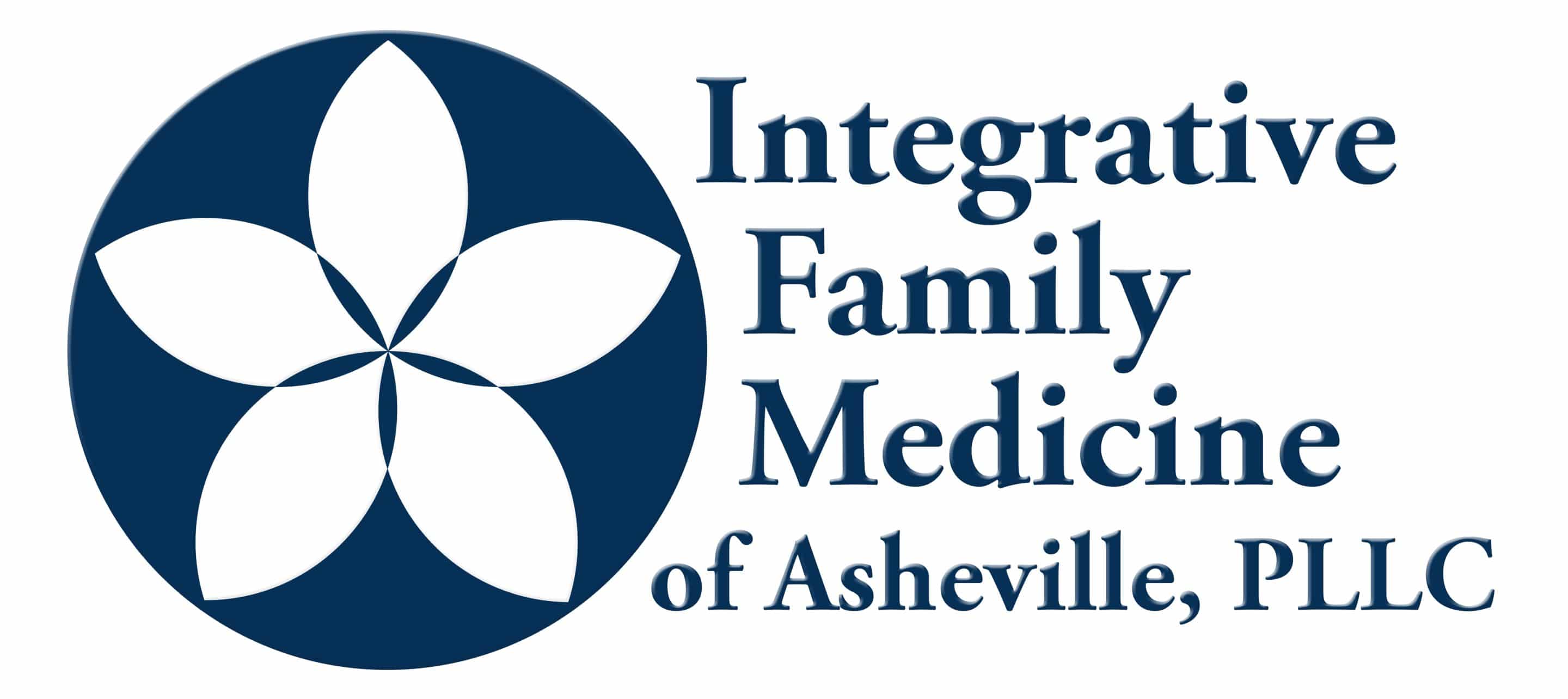On June 11, we will be hosting a virtual class, “The Power of Your Story” with Anthony Layman. Mr. Layman is in the process of getting his Masters through Lenoir Rhyne University in the developing field of Narrative Medicine. As this is a relatively new discipline, our Health Coach, Ariana Figueroa, sat down with Anthony to help us better understand what it is, and what it can offer both patients and providers alike.
IFMA: What is narrative healthcare as a field?
Anthony: Beginning at Columbia University in 2000 with roots in the humanities and patient-centered care, narrative medicine draws patients, doctors, nurses, therapists, and health activists together to re-imagine health care based on trust, humility, and mutual recognition. It challenges the healthcare system to harness creativity and insight. It helps providers to be present with patients, not just to diagnose and treat them, but to bear witness to what they are undergoing. Narrative medicine includes training in literary theory, philosophy, narrative and medical ethics, and the creative arts.
IFMA: What is the biggest way that narrative healthcare can help patients and providers?
Anthony: Narrative Medicine teaches providers how to return to being fully present and mindful as they practice. This acute awareness within practitioners, to recognize empathy, moves to the forefront as patients tell their story. In working with those who have experienced trauma, using only expressive writing, participants have shown significant decreases in depressive symptoms, perceived stress, ruminative cycles, and the negative health symptoms that follow. Expressive writing has proven effective in areas such as substance abuse treatment, cancer and similar acute diagnoses.
IFMA: How does one use narrative healthcare?
Anthony: Expressive writing sessions are a perfect modality for uncovering the “personal health story” I spoke about earlier. We write from the perspective of personal inquiry. Led by a facilitator, participants write to a series of prompts. They also take a few minutes with their writing to evaluate and gauge their responses on a personal, emotional scale. It is specifically designed to be introspective. If you have ever heard, “There is nothing else we can do,” that may be where healthcare ends, but it is where Narrative Healthcare begins. Your health is a story worth telling.
IFMA: Why did you decide to pursue a masters degree in narrative healthcare?
Anthony: As I look back on when I first went to college, I had every intention to go into medicine. I learned about the field of Narrative Healthcare while looking for an MFA program in Creative Writing. The university I attend offers only the second program in the United States with a focus on this discipline, so it became an easy choice for me. Now I get to not only attend to my health personally, but to help others tell their story–their unique journey toward sustainable wellness along the pathway of personal health.
For more information about our community class collaboration with Anthony Layman, please see our event posting here.
Anthony Layman is a graduate student in Lenoir-Rhyne University’s Masters in Fine Arts program in Writing with a Narrative Health certificate. It is only the second nationally accredited program of its kind, along with the Medical School at Columbia University. Anthony received his Bachelor’s degree in Psychology from Frostburg State University. His writing has been featured in Journey Christian Magazine and The Salisbury Post. Most Saturdays he can be found at a local book store working on his nonfiction book. He has been a proud resident of western North Carolina for eight years. To learn more about Anthony, his writing and his work, please visit his websites: https://andylaymanblog.wordpress.com/ and https://narrativehealthcare.net/.
Ariana Figueroa, NBC-HWC is the Health Coach for Integrative Family Medicine of Asheville. You can learn more about our team, and how we practice medicine differently on our website!

